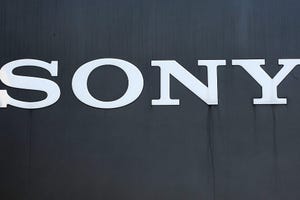Two More Sentenced in Life-Sciences Insider-Trading Scheme
April 22, 2014
Two more defendants in the New Jersey insider trading ring have learned their fates for their roles in the scheme that netted at least $1.4 million by using privileged information to make trades involving Celgene, Stryker, and Sanofi-Aventis stocks.Mark Cupo, 53, of Morris Plains, NJ was sentenced to 16 months in prison and Mark Foldy, 44, also of Morris Plains, was sentenced to two years of probation, including six months of home confinement with electronic monitoring, by U.S. District Judge Katharine Hayden. In addition to the prison time, Cupo was also sentenced to two years of supervised release. Cupo had been charged with seven counts - two counts of conspiracy to commit securities fraud and five counts of securities fraud. Foldy had been charged with four counts - one count of conspiracy to commit securities fraud and three counts of securities fraud. Both had previously pleaded guilty.Two other participants, Lawrence Grum, 50, of Livingston, NJ, and Michael Castelli, also 50, of Morris Plains, had previously been sentenced by Judge Hayden. Another two men, John Lazorchak, 43, of Long Valley, NJ, and Michael Pendolino, 44, have also pleaded guilty and are still awaiting sentencing.The ring was active between 2007 and 2012. In a Securities and Exchange Commission (SEC) press release announcing the charges, the scheme was described as "carefully orchestrated so there was usually someone acting solely as a non-trading middleman who received the nonpublic information from the insider and tipped others."SEC said that Castelli and Grum were the primary traders in the scheme. "Among the ways that Castelli and Grum tried to hide their illegal conduct was by compiling binders of research to serve as a false basis for their trading. They actively traded in Celgene securities to create a pattern of long-standing positions in the stock."Daniel M. Hawke, Chief of the SEC Enforcement Division's Market Abuse Unit and Director of the Philadelphia Regional Office, said in the 2012 release announcing the filing of the charges,, "This is yet another case where wrongdoers believed they could outsmart investigators by creating an elaborate smokescreen to hide their insider trading. Such tactics as using middlemen to pass inside information and compiling research to falsely justify illegal trades will not prevent lawbreakers from getting caught."
Stephen Levy is a contributor to Qmed and MPMN.
About the Author(s)
You May Also Like


